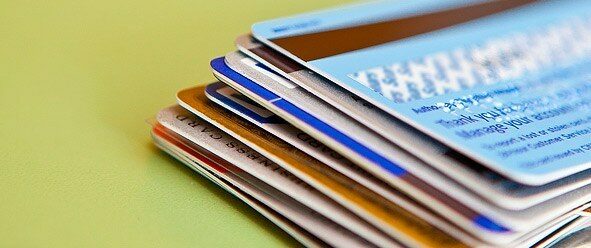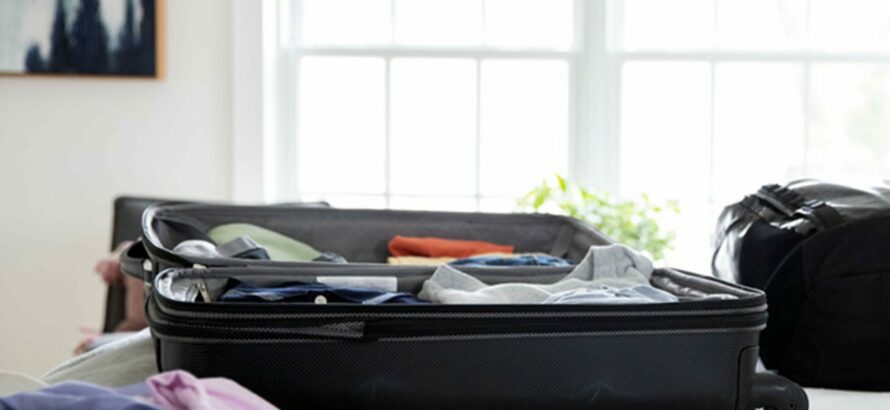
Plan ahead to minimize the expenses incurred when using an ATM of credit card on vacation.
There are so many things to keep track of when traveling to another country: the language, the culture and the currency. Just thinking about the currency exchange can make a vacation seem exhausting. An easier solution? Use your ATM card to get cash and a credit card to pay for large expenses throughout your trip. It could save you money.
A study by Cardhub.com found that consumers who use credit cards without foreign-exchange fees could save an average 8.1 percent compared to exchanging currency at the bank, and 16.2 percent compared to what they’d pay at the airport. Even if your card does charge the maximum 3 percent foreign exchange fee, you would still save 5.1 percent and 13.2 percent relative to banks and airport exchange kiosks.
Clearly, using a debit or credit card gets you the best exchange rate. But there are costs to using an ATM or paying with a credit card while traveling abroad. Take the following steps before you travel to help minimize fees and make the most of your vacation budget:
Let banks know where you’re headed
If your bank or card provider sees several transactions in a foreign destination, it may suspect your card has been stolen. Your bank can freeze your account instantly and leave you without funds while abroad. Preempt this with a quick call before your trip to alert your account managers to expect charges from abroad.
Find out if your bank has foreign branches
Avoid the sticker-shock that comes with using random ATMs on the street or at the airport. Ask your bank if it has preferred global ATM destinations. Some big U.S. banks, such as Bank of America and Citibank, have alliances with foreign-bank ATMs, where customers can withdraw money for a reduced fee. If you can’t find a branch nearby, limit
your ATM withdrawals as much as possible. Remember, you will likely pay transaction fees to
the foreign bank as well as to your bank. So withdraw as much cash at one time as you feel
comfortable carrying.
Bring two cards
Your ATM card can get you access to cash, but it may not be accepted everywhere. So carry an additional credit card in case of emergency. Copy down the account numbers and card-contact numbers in advance and leave them with a friend or family member. If something is lost or stolen, you can report it quickly and easily.
Understand foreign transaction fees
Many credit card issuers will charge either a flat fee or add 1 to 3 percent of the cost to your transaction, according to Bankrate.com. When you weigh that cost against an ATM fee, you may find the ATM is a better option. But credit cards do offer the added benefit of protecting you from fraud. Try to limit credit card use to large purchases. If you are staying abroad for a long period, it’s wise to find a card without foreign-exchange charges.
Before you embark, pay your bills
Whenever you will be traveling away from home, make sure your bills are up to date, or set up automatic payments with your bank or vendors. Late fees and overdrafts can add up quickly, creating a bill no one wants to come home to.
Unexpected incidents can turn your vacation upside down. Travel insurance from Nationwide can keep your trip on the right track.



